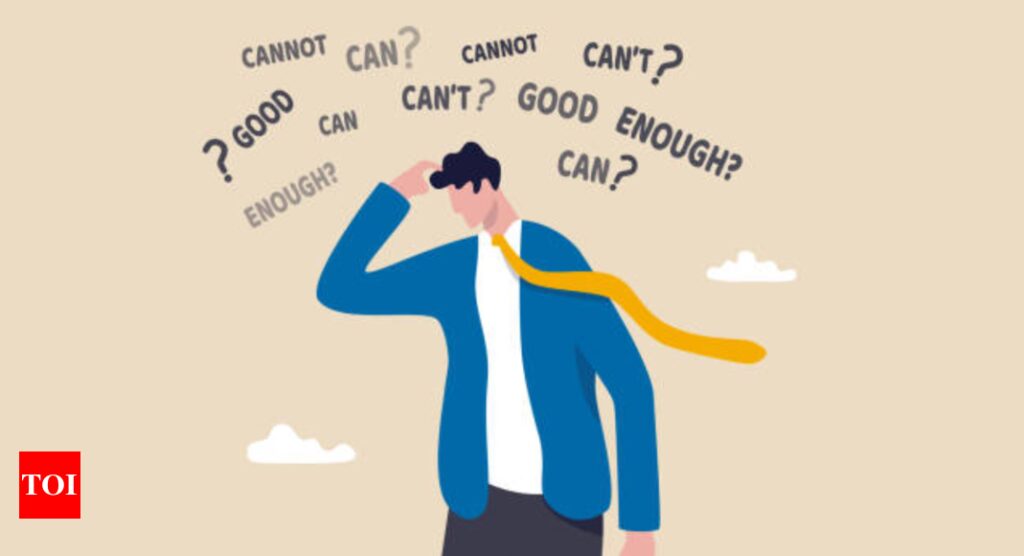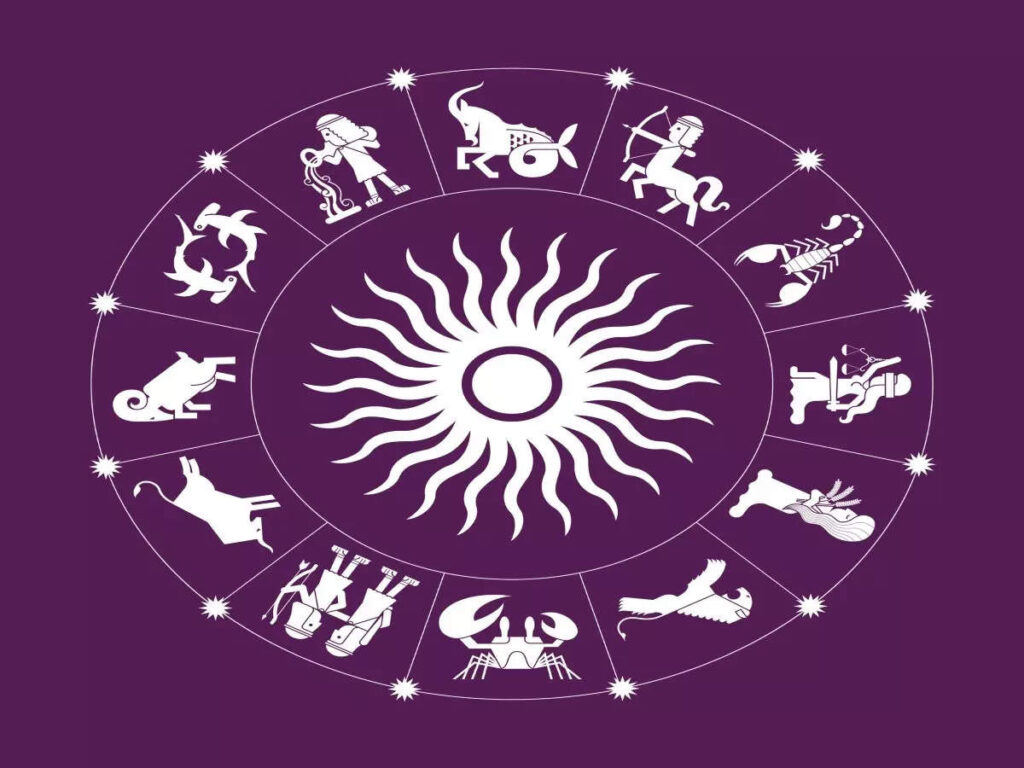Imposter syndrome is a psychological pattern in which people doubt their achievements, internally fear being exposed as a “fraud,” and struggle to internalize their success. Despite their obvious abilities and consistent external recognition, they frequently fail to view their talents and achievements as realistic. This persistent self-doubt makes capable, successful individuals feel like unworthy charlatans who are merely pretending to exceed their abilities rather than the legitimate experts they prove to be. They view petty mistakes as evidence of incompetence, rationalizing achievements as the result of luck, charm or misplacement. trust from others rather than personal achievement. Insidiously, imposter syndrome distorts perception to filter out threatening evidence into false beliefs in perceived fraud in order to maintain a low opinion of oneself. Sufferers explain that praise, promotions, and rewards are mistakes made ignorantly by people who will eventually reveal their incompetence. Unfortunately, this becomes a self-fulfilling prophecy, eroding the confidence needed to maintain high performance by creating anxiety, comparison obsession, and reluctance to make an effort. innovation out of fear of failure, ultimately confirming impotence. Sufferers sabotage themselves through chronic indecision, over-preparation, and mental health strains caused by paralyzing perfectionism. 3 main reasons why people regularly experience doubt Self-doubt and imposter syndrome 1. Harsh inner critic: We all have an inner voice that comments on our suitability. For victims of imposter syndrome, this voice focuses disproportionately on exaggerating flaws and mistakes while dismissing or downplaying strengths and successes as insignificant or not worth it. This creates negative self-talk and cognitive dissonance when genuinely praised, promoted, or rewarded, attributing it to luck rather than actual achievement. Negative self-talk, often stemming from past experiences or external judgments, becomes ingrained in a person’s way of thinking. Individuals can overcome their inner saboteur by cultivating self-compassion and adopting a growth mentality.2. Fear of failure: People suffering from self-doubt become risk-averse because they are afraid of taking on bold new challenges or stepping outside their comfort zone in case they fail and confirm their fear of failure. their incompetence. Overcoming the fear of failure to strive for higher goals requires effort, building confidence in yourself while overcoming uncertainty.3. False Social Comparisons: In the age of social media, highlight reels, comparing our everyday realities and abilities with carefully curated snapshots of other people’s success, will creates inferiority through the illusion of inferiority. People like to highlight their wins while hiding their challenges, creating the illusion that everyone else has it all figured out. They tend to ignore the difficulties behind the surface and the situational advantages that create surface excellence. Fair evaluation requires cognitive screening. It is important to shift the emphasis from external standards to internal ideals. Everyone has their own journey and comparisons simply diminish self-esteem and authenticity. Instead, channel that energy into self-reflection and celebrating personal victories, no matter how small. Additionally, introverted or culturally marginalized people who have difficulty expressing self-confidence are more likely to be confused when competence is combined with extroversion. High achievers also paradoxically experience imposter syndrome when humility clouds accurate self-assessment.
Overcoming self-doubt and imposter syndrome requires a combination of self-awareness, self-compassion, and intentional mindset adjustments. Objectively reassess thought patterns that undermine self-awareness and intentionally seek out growth opportunities to build true self-efficacy through competence. When you become aware of the distorted mental filters that obscure an accurate picture of your abilities, you can shift your perspective. By consciously tracking progress and talent, then structuring small challenges that affirm growth in areas of weakness, consistent evidence of self-competence and courage will gradually save you from the destructive lies of perceived inferiority. When true confidence comes from a willingness to engage with reality, you will gain the trust to unlock even greater personal potential.
Cervical Cancer Awareness Month 2024: Debunking myths and cervical health advice from Gynecologist Shafalika SB
(Author: Dr. Chandni Tugnait is MD (Alternative Medicine), Psychotherapist, Life Coach, Business Coach, NLP Expert, Healer, Founder & Director – Gateway cure)



